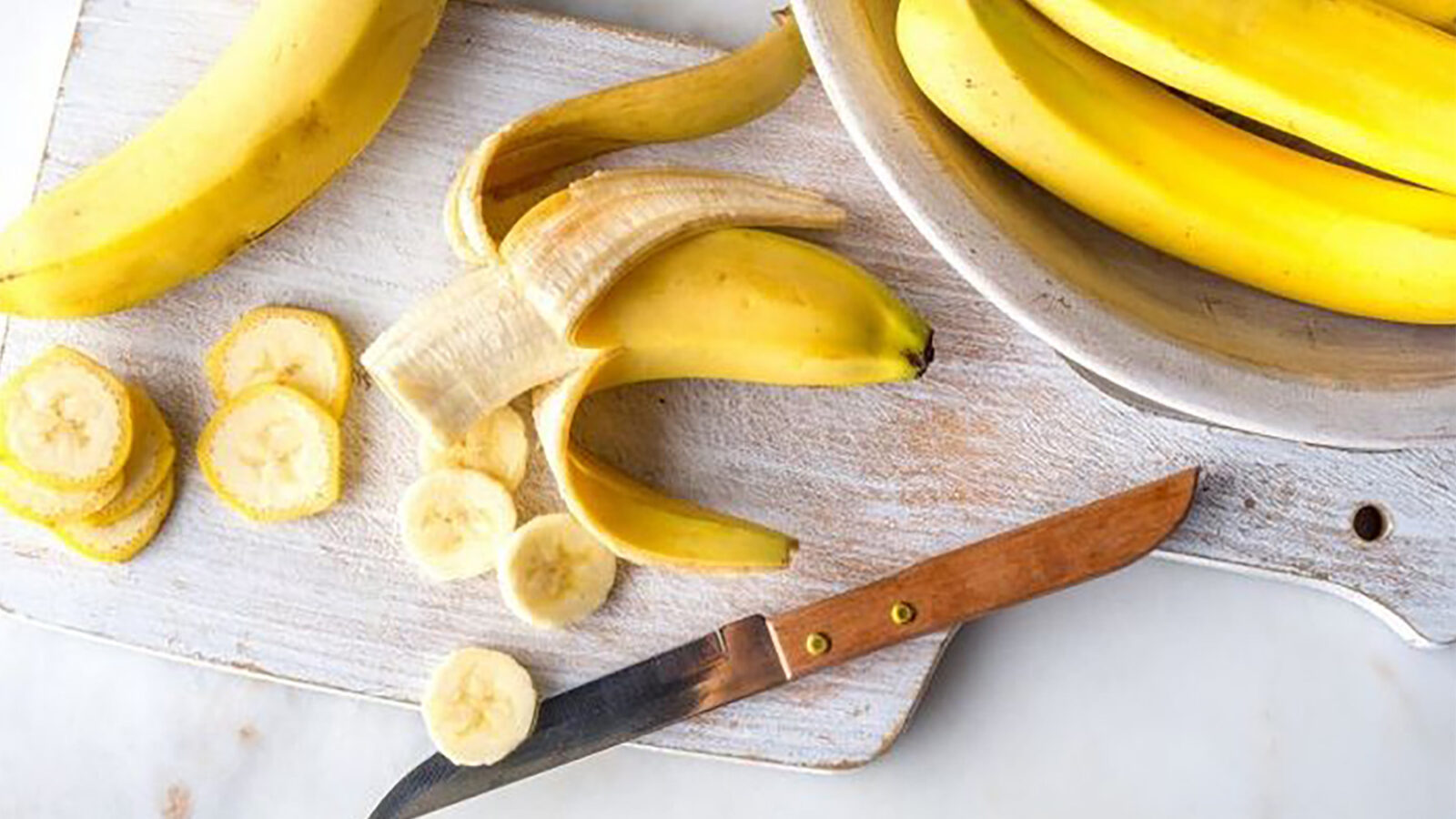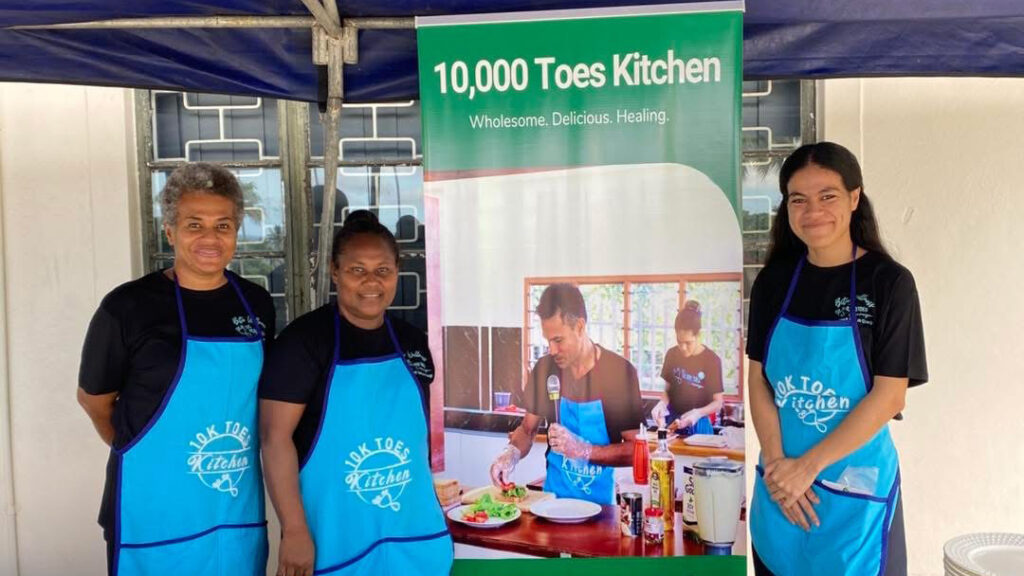If you love smashing avocado on toast or snacking on a banana, the good news is these foods can help moderate your salt intake and look after your heart.
A recent study found a link between eating potassium-rich foods and lower blood pressure, with women benefitting more than men.
The research found that for women with the highest intakes of sodium, as their potassium intakes went up, their blood pressure went down—each gram of potassium was linked with a drop in blood pressure. However, in men there was no association between potassium and blood pressure.
They also found that people who had the highest intakes of potassium had the lowest risk of cardiovascular disease, regardless of whether they were men or women.
While the results of the study show that potassium can help your body get rid of some of that excess sodium, it is not a free pass to have more salt. It’s still recommended that sodium be limited to no more than 2000mg per day, or approximately 5g of salt.
Why is potassium important?
Potassium is an essential mineral and electrolyte, which is found in a range of fruits, vegetables and legumes. Its main role is to maintain normal levels of fluid inside our cells, while its counterpart, sodium, does the same job, but outside of cells. Potassium relaxes our blood vessels and helps our bodies get rid of excess sodium, helping to maintain a healthy blood pressure.
Potassium also helps muscles contract—it’s why you might eat a banana before an intense workout to help sidestep muscle cramping.
How much potassium do I need?
It is recommended that most women should consume at least 2800mg of potassium a day, and men should be aiming for at least 3800mg a day. However, research shows that most adults are falling short of these recommendations.
It is important to note some groups of people may need to limit potassium in their diet, particularly if their kidneys are not working well or if they are taking medication that causes their bodies to hold on to potassium. For these people, it is important that they are guided by their healthcare provider about how much potassium they should have in their diet, as having too much can actually be dangerous for their heart. Seek advice from your healthcare professional if you have any concerns.
What foods are high in potassium?
Why not add some of these potassium-rich foods to this week’s grocery shopping list: Tinned legumes or pulses (choose ones with no added salt), bananas, avocados, spinach, sweet potato/kumara, broccoli, watermelon, oranges, potato or taro, almonds or peanuts.
For more information and research references check out the full article on the Sanitarium website.






